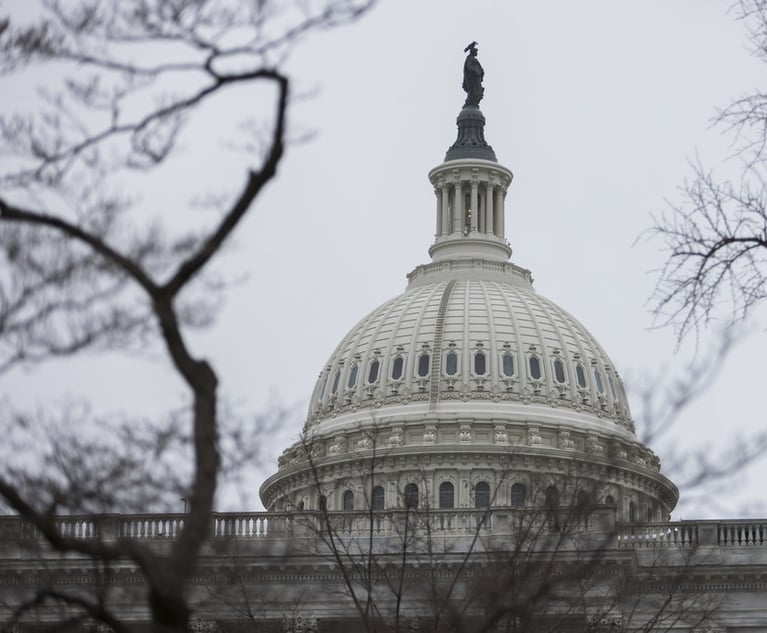On June 7, Florida Gov. Ron DeSantis signed a bill into law permitting remote online notarization adding Florida to the growing list of states that permit notaries to perform notarizations online for clients anywhere in the world. The law, which takes effect on Jan. 1, 2020, will benefit Floridians in many ways, but has the potential to significantly encourage foreign direct investment in Florida. When the law takes effect, foreign visitors to Florida who negotiate business contracts, form companies, or purchase real estate will be able to close on their deal from the comfort of home, without a second visit to Florida. For investors living in Asia and other distant parts of the world, knowing that they will be able to conclude their investment online removes psychological barriers to investing in Florida.
Operationally, remote online notarization essentially updates notarization procedures to permit the use of readily available online technology and communications, specifically video conferencing, for the verification and execution of the documentation witnessed by Florida notaries. Those signing documents requiring notarization (or any witnesses to the signing) will no longer be required to be physically present before the notary, or even in Florida, for that matter. Notaries will remain responsible to confirm the identify of the signer, if necessary via third party confirmation, and additional requirements were crafted to ensure the integrity of the new process. Florida notaries wishing to perform remote online notarizations will pay a $25 fee, submit a signed and sworn registration to the Executive Office of the Governor, meet certain new bond requirements, complete a required course, and establish an account with an approved remote online notarization software service provider. Additionally, the law requires online Florida notaries to store a secure electronic journal (including audio-video) for each transaction for a period of 10 years.


 Jose E. Latour founding partner of Latour law.
Jose E. Latour founding partner of Latour law.




